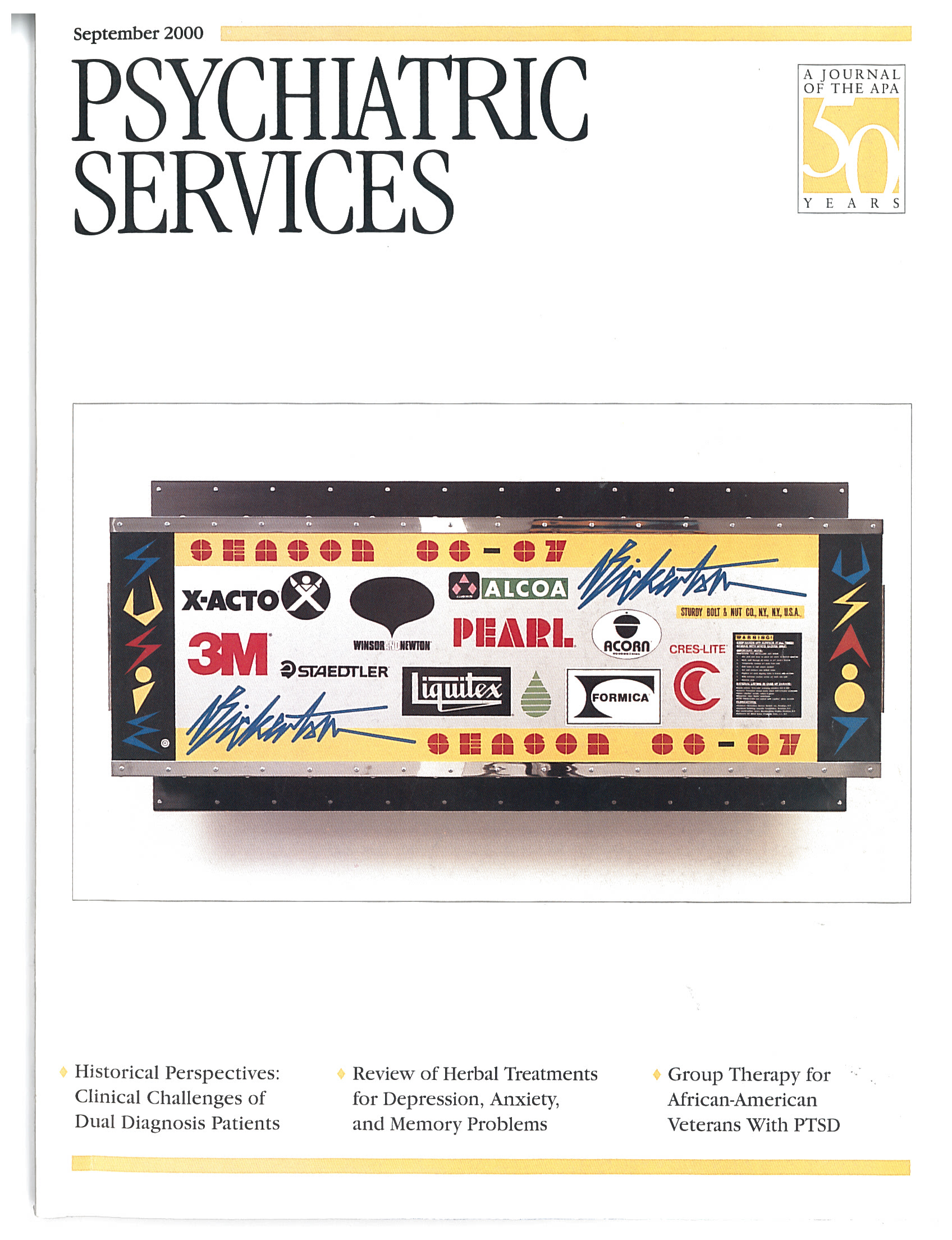Evaluation of a Mobile Crisis Program: Effectiveness, Efficiency, and Consumer Satisfaction
Abstract
OBJECTIVE: The effectiveness and efficiency of a mobile crisis program in handling 911 calls identified as psychiatric emergencies were evaluated, and the satisfaction of consumers and police officers with the program was rated. METHODS: The study retrospectively examined differences in subjects' demographic characteristics, hospitalization and arrest rates, and costs for 73 psychiatric emergency situations handled by a mobile crisis team and 58 psychiatric emergency situations handled by regular police intervention during three months in 1995. Consumers' and police officers' satisfaction with the mobile crisis program was evaluated through Likert-type scales. RESULTS: Fifty-five percent of the emergencies handled by the mobile crisis team were managed without psychiatric hospitalization of the person in crisis, compared with 28 percent of the emergencies handled by regular police intervention, a statistically significant difference. The difference in arrest rates for persons handled by the two groups was not statistically significant. The average cost per case was 23 percent less for persons served by the mobile crisis team. Both consumers and police officers gave positive ratings to the mobile crisis program. CONCLUSIONS: Mobile crisis programs can decrease hospitalization rates for persons in crisis and can provide cost-effective psychiatric emergency services that are favorably perceived by consumers and police officers.




